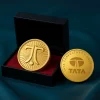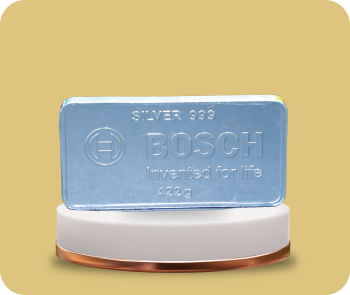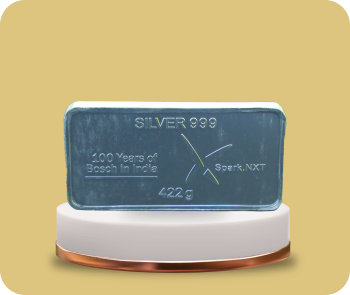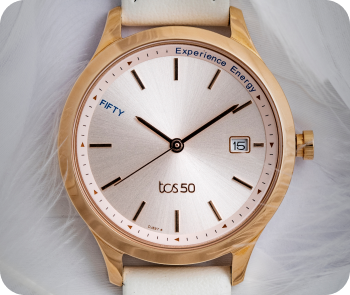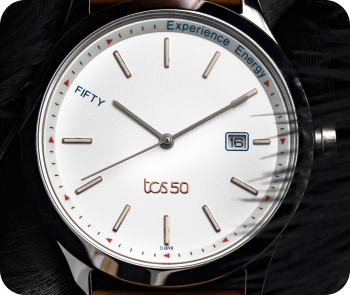
Are Corporate Gift Cards and Vouchers Taxable in India?
Corporate gifting has become a strategic approach to enhancing employee engagement and managing client relations in India. Gift cards and vouchers are convenient and flexible, making them frequently chosen for special occasions and milestones. While deciding whether to choose gift vouchers or not, ‘Are gift cards taxable?’ is a common question that many people ask. Understanding how are gift vouchers taxable and the impact of taxation is crucial in ensuring compliance.
Understanding Corporate Gift Cards and Vouchers
Gift cards and vouchers offered by companies serve as monetary equivalents, allowing the recipient to redeem them for goods or services at an outlet. They are very popular choices for corporate gifting due to the flexibility they provide. Since any type of taxation affects the value of the gift, companies should be aware of the gift voucher tax rules and evaluate whether these rules apply to gift vouchers, as taxation can vary depending on the recipient.
Are Gift Cards and Vouchers Taxable in India?
Simply put, yes, vouchers and gift cards are taxable under Indian law. The gift cards issued to employees or vouchers issued to clients may be considered expenses or not, depending on the nature of the transaction, the recipient, and the value of the gift. So, in a broad sense, gift cards are taxable under the jurisdiction of the Income Tax Act and the Goods and Services Tax (GST).
Tax Implications for Gift Vouchers to Employees
To understand how are gift vouchers to employees taxable, the value has to be taken into account in thresholds. According to existing regulations, gifts of up to ₹5000 in a given financial year are exempt from taxation. If the value exceeds this amount, the entire amount is considered a perquisite and therefore the gift cards are taxable. This is something that businesses should consider when developing rewards and recognition programs.
Tax Implications for Gift Vouchers to Clients or Business Associates
Vouchers distributed to clients or business associates are typically regarded as business promotion expenses. These do not fall under perquisites, as in the case of an employee; however, it is essential that they are documented as expenses and are subject to GST. Such expenditures must be justified by businesses that are required to keep proper records to defend such spending in audits.
TDS (Tax Deducted at Source) on Gift Vouchers
TDS applies to vouchers depending on the circumstances of the transaction. TDS obligations may arise in instances where vouchers are issued as part of contractual payments or professional services. Therefore, companies must examine each instance to determine whether gift cards are taxable and eligible for TDS.
Goods and Services Tax (GST) on Gift Vouchers
The impact of GST is different based on whether the voucher is regarded as a single or multi-purpose tool. Where the goods/services are well defined (as is the case with single-purpose vouchers), GST is paid in advance. In the case of multi-purpose vouchers, the GST is only charged upon redemption. Hence, GST transparency is essential to companies that send corporate gift vouchers in bulk.
Best Practices for Businesses Using Gift Vouchers
To navigate compliance, businesses should adopt the following practices:
- Maintain accurate documentation of voucher issuance and redemption.
- Monitor employee gift limits to avoid unexpected tax liabilities.
- Understand GST applicability based on the type of voucher.
- Consult tax advisors for large-scale gifting campaigns.
Common Misconceptions About Gift Voucher Taxation
There are several misconceptions about gift voucher tax. One of them is to assume all vouchers are tax-free. However, the provisions of tax on gift vouchers to employees and clients are different based on the recipient and use. Another misconception is that vouchers are not subject to GST; however, GST regulations do apply to them, particularly in the case of single-purpose instruments. Understanding these common misperceptions will help businesses plan more strategically and reduce the risk of compliance issues.
Conclusion
Corporate gift cards and vouchers are a great option for engagement because of its benefits, including flexibility and value to employees and clients. However, firms should not undervalue the role of compliance. Income tax regulations, in line with the GST implications, are being updated to assist businesses in maximizing their gifting practices. Choosing a reliable gifting partner like Titan, helps organizations stay compliant with gift voucher tax rules and ensure that get the best for their employees and clients.
FAQs
Are corporate gift cards taxable in India?
Yes, gift vouchers are taxable depending on the recipient. For employees, they are taxed as perquisites if the value is above ₹5,000. For clients, they may be considered business expenses under tax rules.
Are gift vouchers to employees taxable?
Yes, gift vouchers to employees are taxable, but it depends on the value. If the value of the vouchers is under ₹5,000 in a financial year, it is exempt. But if it is more than that, then they are considered as perquisites and therefore the gift cards are taxable under income tax regulations, requiring proper reporting by employers.
What is the tax on gift vouchers to employees?
Gift cards given to employees are taxable only if the total value of the voucher exceeds ₹5,000 per year. Such amounts are added to the employee’s taxable salary and taxed at applicable income tax rates.
Does GST apply to corporate gift vouchers?
GST is charged only upon redemption, depending on the product or service chosen by the recipient.
Is there a TDS requirement for corporate gift vouchers?
TDS may apply if vouchers are issued as part of contractual obligations or professional service payments. However, not all corporate gifting transactions require TDS. Businesses should evaluate case-specific scenarios to understand how the gift cards are taxable and ensure compliance.



